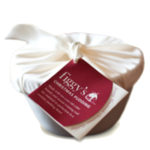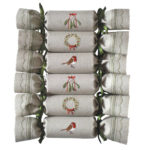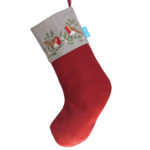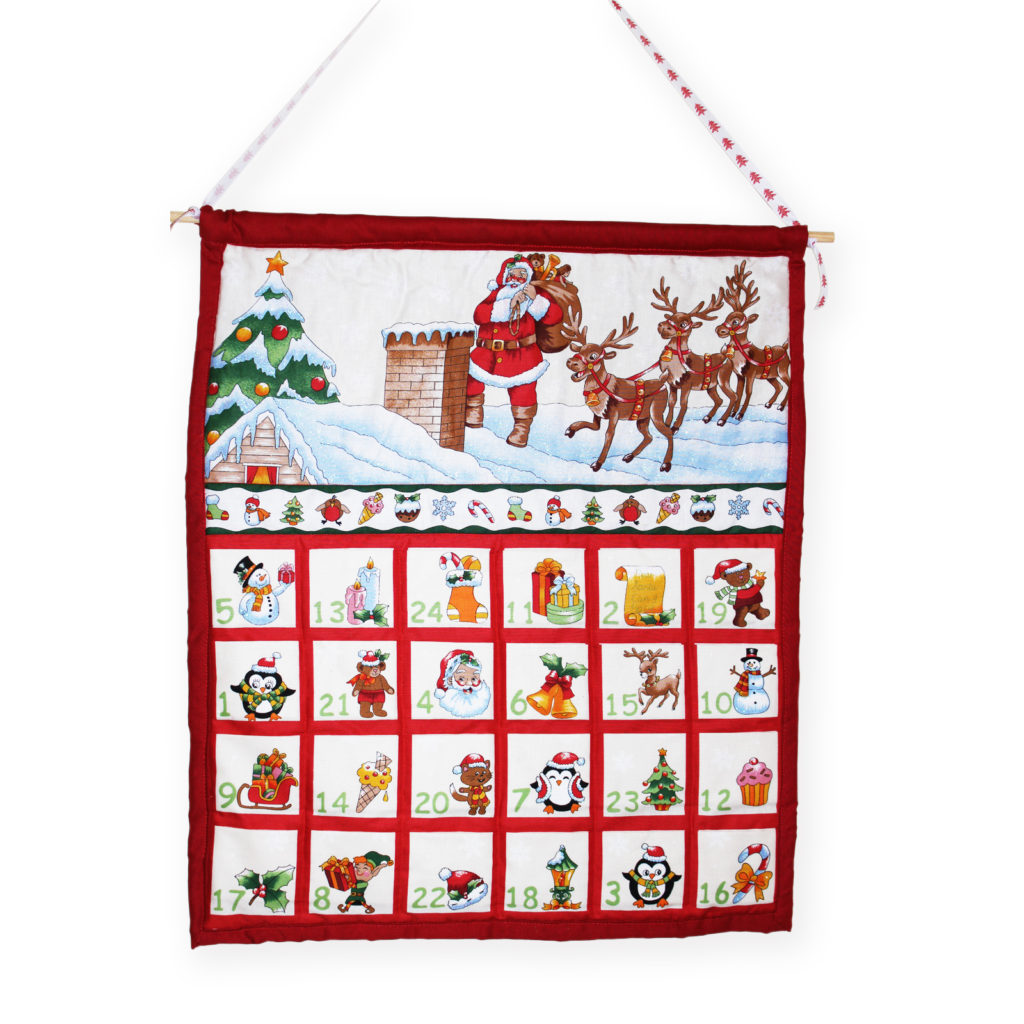
Back to News...
Christmas, a time to remember
Is it just me, or does the run-up to Christmas seem to start earlier every year? It’s not even December yet but I heard the first airing of a festive song just last week.
I love everything about Christmas – the time spent with family, the smell of festive food, the songs, the presents, even the sense of losing track of time in that odd week between Christmas and New Year, and of course the traditional feast of football on Boxing Day.
No one celebrates the season quite like us British – for many, the build-up to the event is just as much of a focal point as the day itself. The true meaning of Christmas can become lost in the 21st-century.
Celebrated by Christians the world over to commemorate the birth of Jesus (although the exact date and month of his birth is open to debate), many non-Christians also culturally celebrate the season.
Christmas will be here before you know it, so why not turn to us to help provide you with everything you need for the perfect celebration.
The Christmas pudding originated in England in the 16th century and has remained an integral part of any seasonal spread today. An icon of any festive banquet, the dark, shapely and fruit-filled pudding is soaked in alcohol and set alight to represent the passion of Christ.
On the Sunday before Advent, families gathered in the kitchen to help make the Christmas pudding. A river sixpence was placed into the pudding mix and every member of the household gave the mix a stir. Whoever found the sixpence in their own piece of the pudding on Christmas Day would see it as a sign that they would enjoy wealth and good luck in the year to come. It is a tradition that’s continued to this day.
Another Christmas tradition is the beloved Christmas Tree. Believed to have been brought over to Britain by Prince Albert, the husband of Queen Victoria. But when exactly the right time is for the tree to go up, we’re all in disagreement. One thing we can all agree on though is the excitement of decorating it – dusting off the cardboard boxes after a year in the loft to peer inside at the tinsel, the baubles, and the lights that have become entwined and will take hours to untwist and get working again! Baubles have a historic, traditionalist meaning – in Roman times, fruit would be hung from trees and from there the humble bauble was born. The concept accelerated in 16th century Germany when inventor Hans Greiner produced glass ornaments in the shape of fruit and nuts, with the popularity of the decoration growing into the production of different, moulded figures topped with a cap and a hook of the sort so familiar today.
And then of course there are Christmas crackers – a traditional Christmas favourite in the UK. First made in circa 1845-1850 by a London sweet maker called Tom Smith. He had seen the French ‘bon-bon’ sweets (almonds wrapped in pretty paper) and came back to London to sell sweets like that in England with a small motto or riddle included in with the sweet. But they didn’t sell very well.
However, one night, whilst he was sitting in front of his log fire, he became very interested in the sparks and cracks coming from the fire. Suddenly, he thought what a fun idea it would be if his sweets and toys could be opened with a crack when their fancy wrappers were pulled in half.
Crackers were originally called ‘cosaques’ and were thought to be named after the ‘Cossack’ soldiers who had a reputation for riding on their horses and firing guns into the air!
When Tom died, his expanding cracker business was taken over by his three sons, Tom, Walter and Henry. Walter introduced the hats into crackers and he also travelled around the world looking for new ideas for gifts to put in the crackers.
According to tradition, the original Saint Nicholas put gold coins in the stockings of three poor sisters. One night, the girls left their stockings drying over the fireplace. Saint Nicholas knew the family were very poor, so he threw three bags of gold coins down the chimney. The money landed in the sisters’ stockings. Since then, children have hung up their Christmas stockings on Christmas Eve, hoping to find them filled with gifts in the morning – like so much of everything we love when it comes to the festive season, the act of hanging up your stocking on the wall – immortalised forever by the word of Slade – has passed from generation to generation.
The spirit of Christmas only truly comes alive with the advent calendar, ticking off the days until the 25th. Usually with a winter theme, containing a message, a piece of chocolate or other small gift, opening a door each day to celebrate and anticipate the arrival of the day itself. Here at All English Things, check out our reusable Advent Calendars, saving you money on buying new ones each year.
We all missed out on everything that makes Christmas special last year, but with life having returned to some semblance of normality twelve months on, it’s never too early to start shopping for the season and making it a moment for you and your loved ones to cherish.



